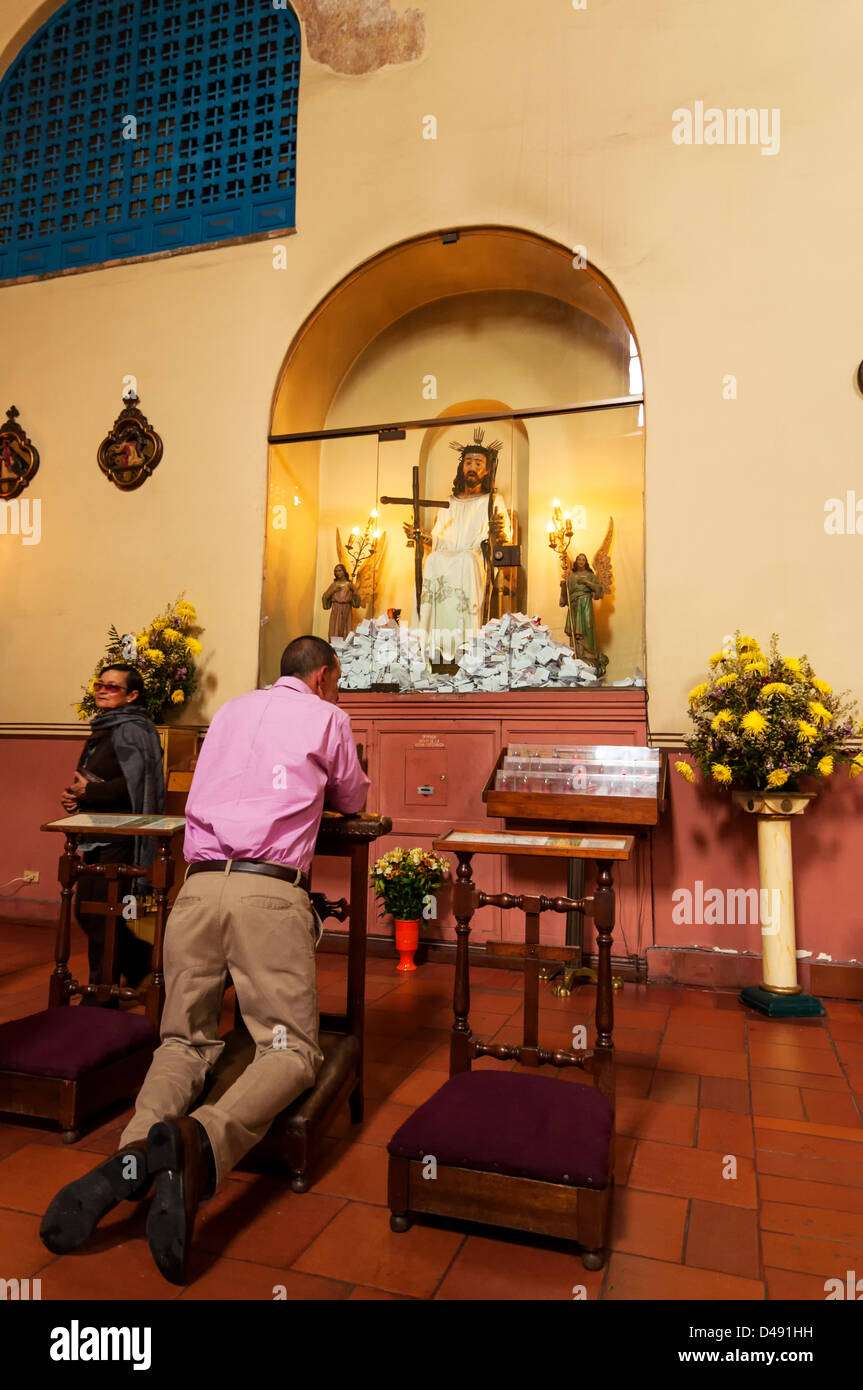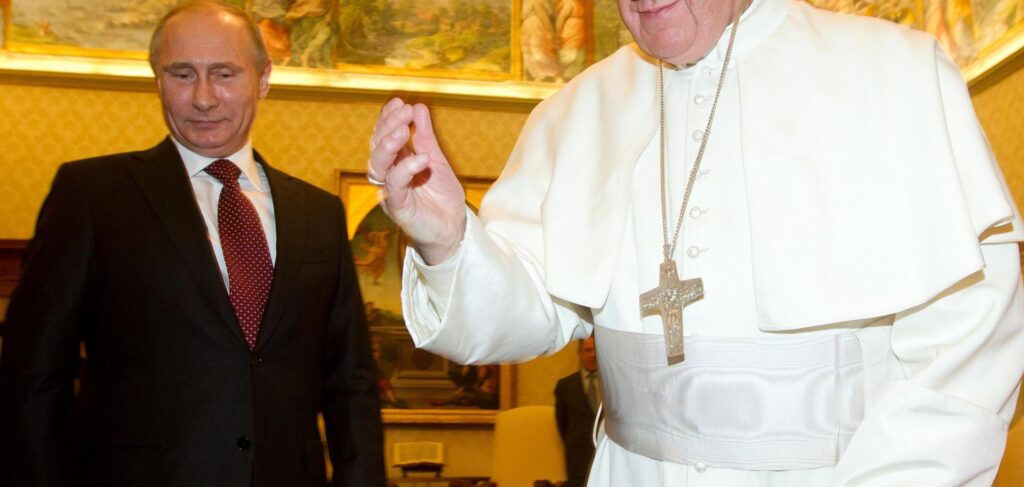Now Reading: Tears of the Virgin: The Eerie Miracle Before Pope’s Death
-
01
Tears of the Virgin: The Eerie Miracle Before Pope’s Death

Tears of the Virgin: The Eerie Miracle Before Pope’s Death
Mysterious Tears: Virgin Mary Statue Weeps Before Tragic Event
In what many believers are calling a divine message, a statue of the Virgin Mary was reportedly filmed shedding tears during a church service in Colombia – just two days before the Pope’s death, according to witnesses.
The extraordinary footage, which has rapidly spread across social media platforms, shows what appears to be tears streaming down the face of the sacred statue during a Good Friday service on April 18. The timing of this alleged miracle has sparked intense speculation among the faithful.

A Sacred Moment Caught on Camera
The video was captured during the solemn “Sermon of the Seven Words” at St. John Eudes Parish in Aguas Claras, located in Colombia’s Norte de Santander department. This significant service commemorates the seven final sayings of Jesus Christ during his crucifixion, making the timing of the apparent miracle even more profound for believers.
Witnesses present during the service have expressed astonishment at what they witnessed. As the emotional footage began circulating online, it quickly garnered thousands of views and comments from people around the world interpreting the potential meaning behind the tears.
Faithful Respond to the Alleged Miracle
The reaction on social media has been swift and impassioned, with many viewing the weeping statue as a genuine miracle. “It’s a miracle, how beautiful,” wrote one commenter, clearly moved by the footage.
Others expressed similar sentiments, with comments such as “She’s really crying” demonstrating the profound impact the video has had on viewers. The timing in relation to subsequent events has only intensified these reactions.

Searching for Meaning in the Tears
Many believers have attempted to interpret the significance of the statue’s apparent weeping. One social media user suggested: “It’s a sign that God doesn’t like human evil, and that’s why our mother cries in silence,” reflecting a common belief that such phenomena may serve as divine warnings or expressions of heavenly sorrow.
The proximity to the Pope’s passing has led many to connect the two events, seeing the tears as a possible premonition or response to the imminent loss of the Catholic leader. Throughout history, similar incidents have often been reported during times of religious significance or before major world events.

Official Response Pending
Despite the widespread attention the video has received, the Diocese in nearby Ocana has not yet issued an official statement about the alleged miracle. The Catholic Church typically approaches such claims with careful scrutiny, often conducting thorough investigations before making pronouncements on their authenticity.
Historically, the Church employs a rigorous process to verify reported miracles, examining both scientific explanations and spiritual significance. Similar cases of weeping or bleeding religious statues around the world have sometimes been attributed to natural phenomena, while others remain unexplained.
A Pattern of Divine Messages?
This isn’t the first time religious statues have reportedly exhibited unusual phenomena. Throughout history, there have been numerous accounts of weeping Madonnas, bleeding crucifixes, and other religious icons displaying seemingly supernatural characteristics.
Whether viewed as divine communication, natural phenomena, or something else entirely, these events continue to captivate the faithful and skeptics alike, sparking conversations about faith, science, and the mysterious ways in which many believe the divine attempts to communicate with humanity.

The Power of Faith in Uncertain Times
Regardless of how the weeping statue is ultimately interpreted, the incident has clearly touched many hearts and reinforced faith for believers during a challenging time for the Catholic Church. As discussions continue about the meaning behind the tears, the video serves as a powerful reminder of how spiritual experiences continue to shape and influence communities of faith around the world.
As Holy Week observances continue globally, this reported miracle in Colombia has added another layer of spiritual significance for many Catholics and other observers of religious phenomena, connecting personal faith with larger questions about divine presence and communication in the modern world.












